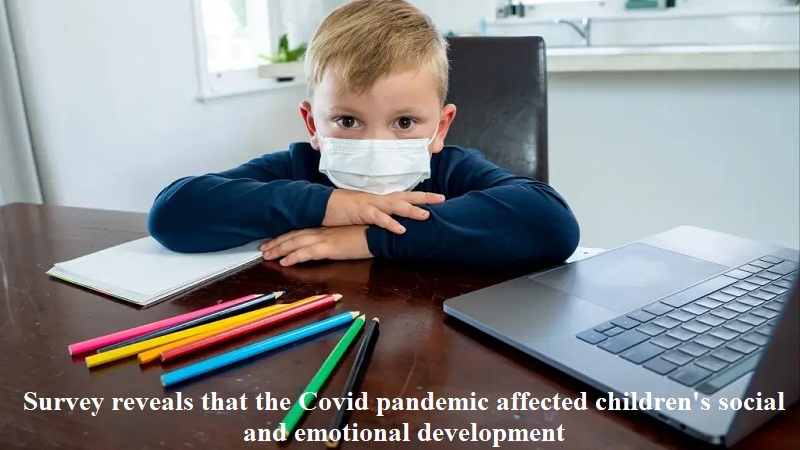
The COVID-19 pandemic may have subsided, but its impact on humanity remains etched in memory. A recent UK-based survey focusing on parents has revealed that half of all children experienced setbacks in their emotional and social development during the first year of the pandemic. Additionally, the report found that “half of the families” saw no change in their labor market status, with a significant number of households having all parents employed and working throughout the pandemic.
Younger siblings were more likely to be negatively affected compared to their older counterparts, and children of all economic backgrounds in England were impacted by the pandemic. The research highlighted that children aged four to seven experienced more significant deterioration in their skills compared to those between the ages of 12 and 15. Surprisingly, only one in six children showed an improvement in their social and emotional development during the same period.
The disruptions caused by the pandemic, including school closures and limited social interactions with friends and extended family, left some children without a trusted adult to rely on for support. The report was based on a survey of 6,095 parents in England with children aged four to 16, who provided insights into their children’s behavior and experiences during the pandemic.
Andrew McKendrick, a research economist at IFS and one of the authors of the report, emphasized that children from all backgrounds faced considerable challenges during the pandemic, leading to declines in their social and emotional skills. The study revealed that economic disruptions experienced by parents, regardless of whether they led to significant income losses, played a significant role in driving children’s declining skills.
Overall, the report sheds light on the profound effects of the pandemic on children’s well-being and development, highlighting the importance of addressing these challenges to support their growth and resilience in the post-pandemic era.

Post Your Comments